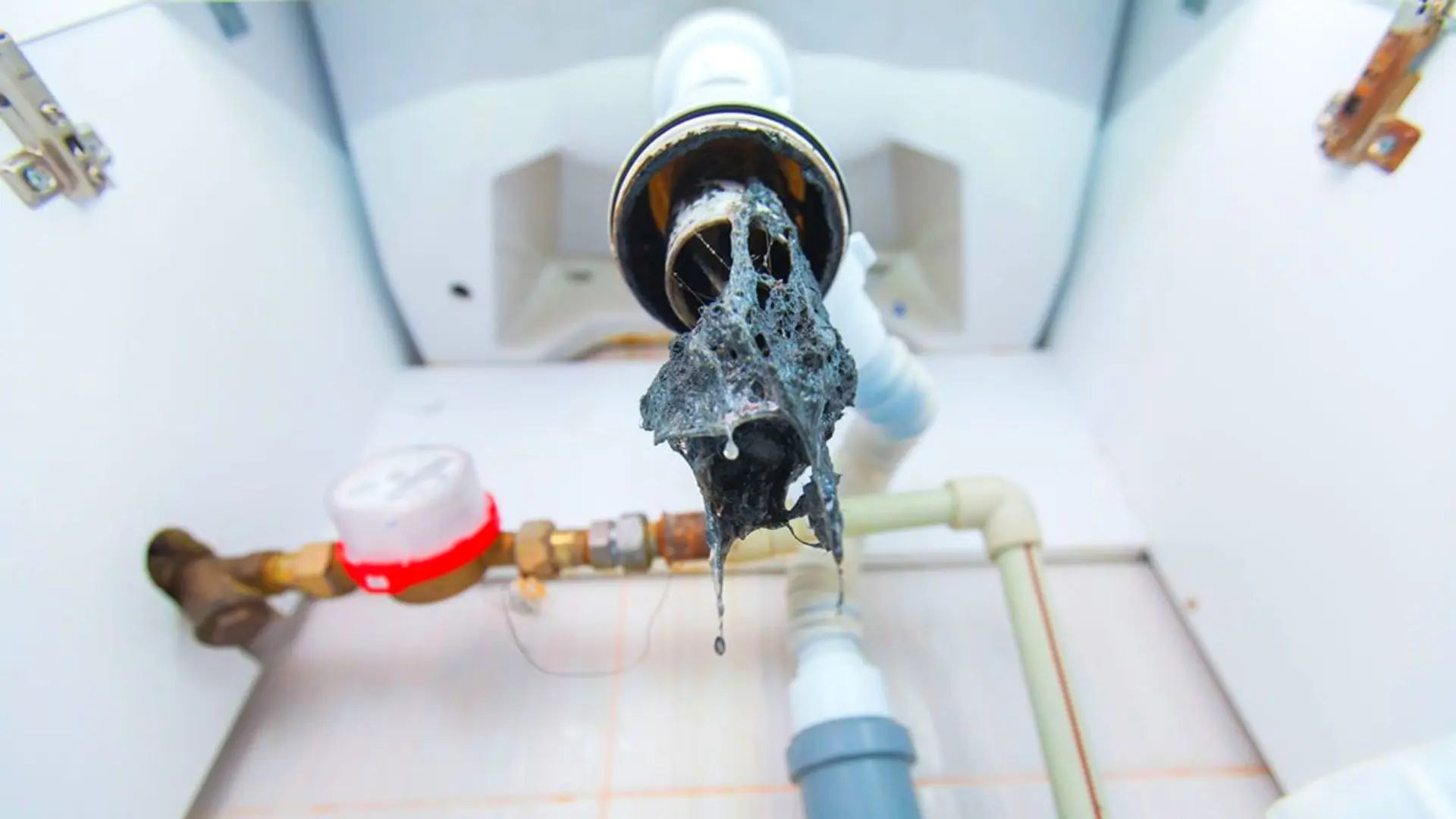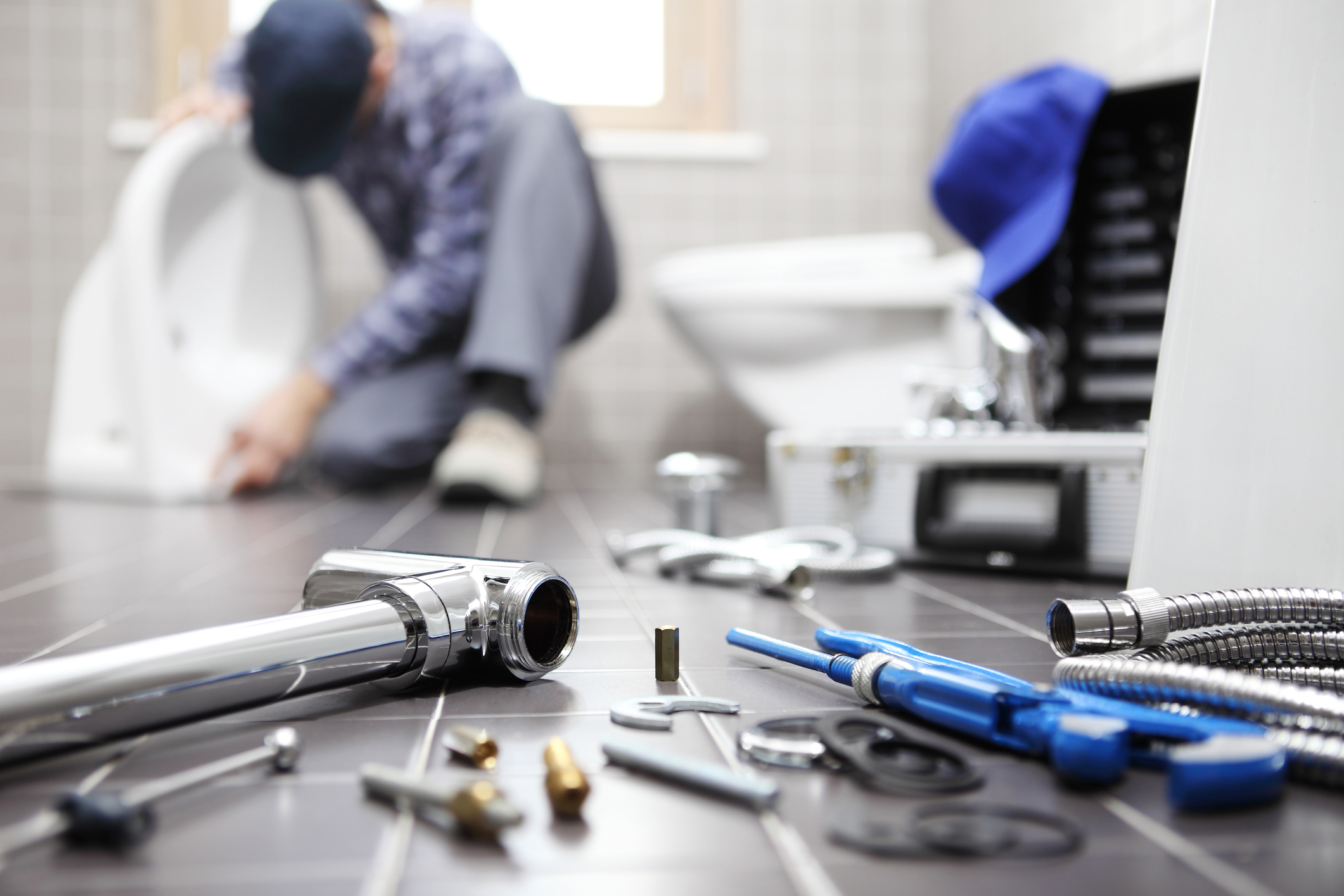We have found this post involving 4 Ways to Troubleshoot Low Water Pressure listed below on the web and reckoned it made sense to relate it with you on this site.

Low water stress in your house can be a discouraging trouble, impacting whatever from showering to cleaning meals. If you're experiencing weak water flow, there are several possible reasons and remedies to check out. In this guide, we'll discuss usual factors for low tide pressure and practical actions to attend to the concern successfully.
Intro to Low Water Stress
Low tide pressure takes place when the circulation of water from your taps, showers, and other fixtures is weak than usual. This can make day-to-day tasks more challenging and less reliable. Recognizing the causes of low tide stress is important to finding the best remedy.
Usual Root Causes Of Low Water Stress
Faulty Pressure Regulators
Stress regulatory authorities are accountable for preserving regular water pressure in your house. If they malfunction, it can cause low water stress or unequal circulation throughout your home.
Metropolitan Supply Of Water Issues
Often, the issue exists outside your home. Metropolitan water concerns, such as main line leakages or upkeep job, can briefly lower water stress in your location.
Pipeline Obstructions
In time, pipelines can come to be blocked with mineral deposits, debris, or debris, limiting the circulation of water. This is a common problem in older homes with galvanized steel pipelines.
Corrosion
Deterioration within pipes can result in leakages and lowered water pressure. Corrosion build-up can constrict water flow, especially in maturing plumbing systems.
Just How to Detect Low Tide Pressure
Examining Pipes
Inspect noticeable pipes for indicators of leakages, rust, or clogs. Pay attention to any kind of unusual audios, such as banging or rattling pipes, which might show issues within the plumbing system.
Consulting with a Plumber
If you're unable to pinpoint the cause of low water pressure, think about hiring a specialist plumber to conduct a comprehensive evaluation. They can recognize underlying concerns and advise ideal services.
Inspecting Faucets and Components
Start by evaluating the water pressure at various faucets and fixtures throughout your home. If the issue is separated to particular locations, it might suggest localized issues.
DIY Solutions to Take Care Of Low Tide Stress
Flushing Hot Water Heater
Debris build-up in the hot water heater can limit flow and lower efficiency. Purging the container periodically assists eliminate debris and maintain optimal efficiency.
Checking Stress Regulatory Authority
Make sure that the pressure regulatory authority is functioning appropriately. Changing or replacing the regulatory authority can assist restore proper water stress throughout your home.
Cleaning Aerators and Showerheads
Natural resources can gather in aerators and showerheads, decreasing water circulation. Get rid of and clean up these elements routinely to boost water stress.
Clearing Up Clogs in Water Lines
For minor blockages, try making use of a plumbing serpent or chemical drain cleaner to clear obstructions in pipes. Be cautious when utilizing chemicals and adhere to safety and security guidelines.
When to Call a Professional Plumber
If do it yourself efforts stop working to fix the concern or if you presume substantial plumbing troubles, it's finest to look for help from a certified plumber. They have the expertise and tools to attend to intricate issues securely and properly.
Safety Nets to Preserve Water Stress
Setting Up a Pressure Booster
Think about mounting a pressure booster pump to boost water pressure in areas with regularly reduced flow. This can be particularly useful for multi-story homes or residential or commercial properties with high-demand components.
Monitoring Water Use
Be mindful of water use behaviors and avoid overtaxing the plumbing system. Straightforward modifications, such as shocking showers and laundry lots, can assist keep adequate water stress.
Routine Maintenance
Arrange regular maintenance for your plumbing system to stop issues such as corrosion, leaks, and clogs. Resolving small issues early can aid stay clear of more substantial fixings later.
Verdict
Handling low water stress can be aggravating, however recognizing the underlying reasons and carrying out suitable remedies can restore optimum circulation throughout your home. Whether it's cleansing aerators, evaluating pipelines, or speaking with a plumber, taking positive actions can make sure a steady supply of water for your day-to-day requirements.
FOUR WAYS TO FIX LOW WATER PRESSURE NOW
Turning on a shower or faucet only to find the water comes out in a sad, slow drizzle is never a good feeling. How exactly are you supposed to wash a pan or take a quick shower when it takes 10 minutes just to rinse off a little soap? The good news is that when your water pressure is bad, there's always a cause: typically one that can be easily fixed. Here are some of the most common causes of low pressure and what you can do to fix the issue:
DEBRIS AND MINERAL DEPOSIT BUILDUPS
If you notice low water pressure from just one or two of the fixtures in your house, the problem likely has to do with debris buildup. Water is full of minerals and other debris, all of which can accumulate in your pipes and on your fixtures. This can cause a blockage that affects how much water flows through. To fix this, try filling a small plastic bag with white vinegar, and use a rubber band to hang it around your showerhead or faucet. Let the head of the fixture soak for a few hours, and the vinegar should loosen the deposits.
WATER LEAKS
Leaks are another common cause of low water pressure. If water is flowing out of your plumbing through a hole or crack before it can reach your fixture, the pressure coming out of the faucet or showerhead will be lower. A plumbing professional is your best bet for finding and repairing a leak in your water supply pipes.
Leaks are another common cause of low water pressure. If water is flowing out of your plumbing through a hole or crack before it can reach your fixture, the pressure coming out of the faucet or showerhead will be lower. A plumbing professional is your best bet for finding and repairing a leak in your water supply pipes.
A VALVE ISSUE
If you have low water pressure throughout your home, check your main shut-off valve to make sure it's completely open. You may also want to see if there's a pressure-reducing valve installed. If there is, have a plumber help you adjust the settings to get the pressure you're looking for.
OTHERS USING WATER
Believe it or not, your low water pressure could be caused by your neighbors. If you notice low pressure at certain times of day, it may be because you and the people living next to you have similar schedules - when everyone is showering at the same time, the pressure will be lower in every home. Low pressure throughout the neighborhood may also be caused by an issue with your municipal water supply. If that's the case, call the supplier to see if they're working on the issue.
https://www.rotorooter.com/blog/water-leaking/low-water-pressure-fixes/

Do you appreciate reading about ? Try leaving a remark down the page. We would be delighted to hear your opinion about this blog entry. We hope to see you back again in the future. If you appreciated our blog entry kindly consider to share it. I recognize the value of your readership.
This Website